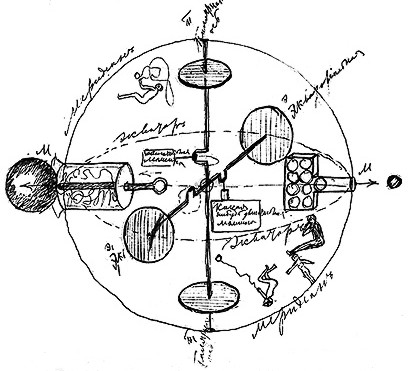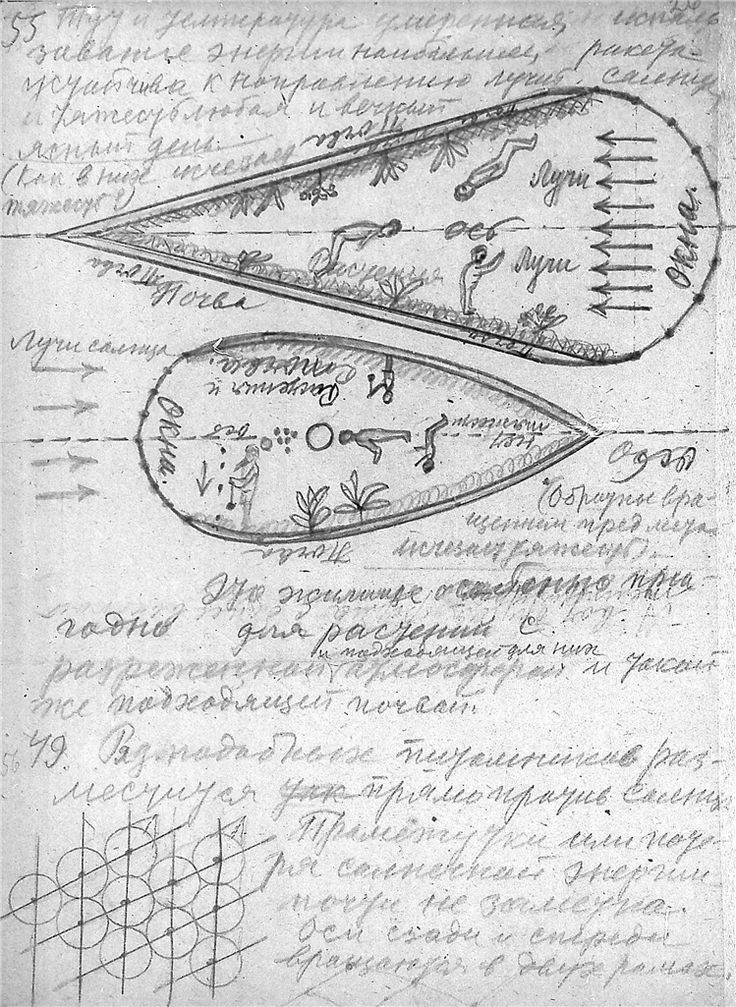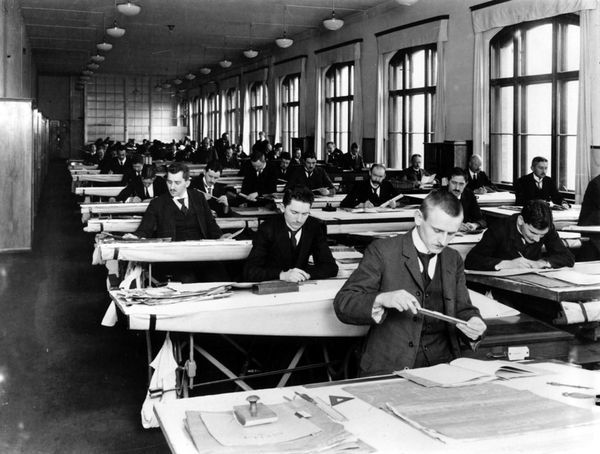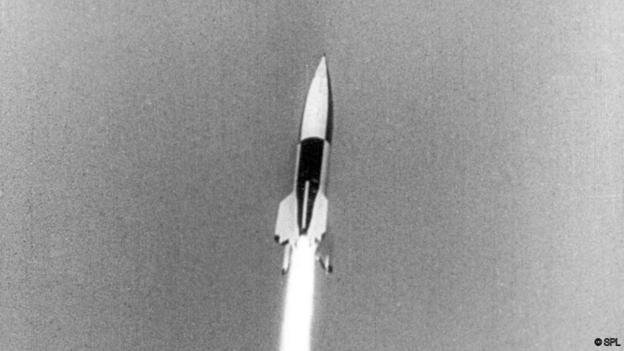In our history, the idea of spaceflight was pretty well established as far back as Voltaire (Micromégas, 1752) and Jules Verne did many of the numerical calculations to get a good ballpark as to what was expected in his 1865 novel From the Earth to the Moon. Edwin Everett Hale published another science fiction story The Brick Moon in 1869, concerning the launching of an artificial satellite.
So in a real sense, people were already primed to go into space long before the discovery of nuclear energy or electronic computers. (Sadly for your scenario, Charles Babbage published a paper proposing a mechanical calculator on 14 June 1822, which led to the Difference Engine and eventually the conceptual Analytical Engine, which is considered the precursor to all programmable computers).
The only thing lacking was technology to actually do the deed (the Difference Engine was actually doable with the technology of the day, but Babbage was a horrible project manager, the method of getting into space was the issue), but even here, help is on the way in the form of Konstantin Tsiolkovsky, the visionary Russian schoolteacher who laid down the theoretical foundations of rocketry in 1896. He also did a great deal of theoretical work on the practical issues of spaceflight, such as this sketch of a rocket powered spaceship:

Tsiolkovsky anticipated things like reaction wheels, and clearly understood the concept of free-fall
So now the contrafactual:
Konstantin Tsiolkovsky had been in contact with various authorities in Russia with various proposals like metal airships and monoplane aircraft, but unlike OTL, his proposals were received with enthusiasm. Russia was in a difficult situation, having a very anemic economy, outdated industry and a very outmoded aristocratic form of government. The aristocracy could see that there was great danger both within (internal rebellions) and without (European Empires ready and willing to pounce on any perceived weaknesses). Having advanced aircraft and now rockets would allow the Russian Empire to leapfrog past the British, French, Germans, Austro-Hungarians and even those upstart Americans, and avoid the fate of the Chinese, whose empire was being divided among the various Imperial Great Powers of the age.

Model of Tsiolkovsky's spaceship
While the Russian Empire can throw massive resources and fine engineers into the problem, they will essentially be hand building everything. At this point, word could leak out and the other Empires become interested in the problem(s), either out of self interest or out of fear of Russian intentions. The Russians have plans for space greenhouses and long term occupation of space, after all.....

Tsiolkovsky's space greenhouse. Sunlight enters from the rounded end towards the pointed end....
So in this contrafactual, the Space Race is actually triggered by the Russians, but in the early part of the 20th century, rather than 1957....





